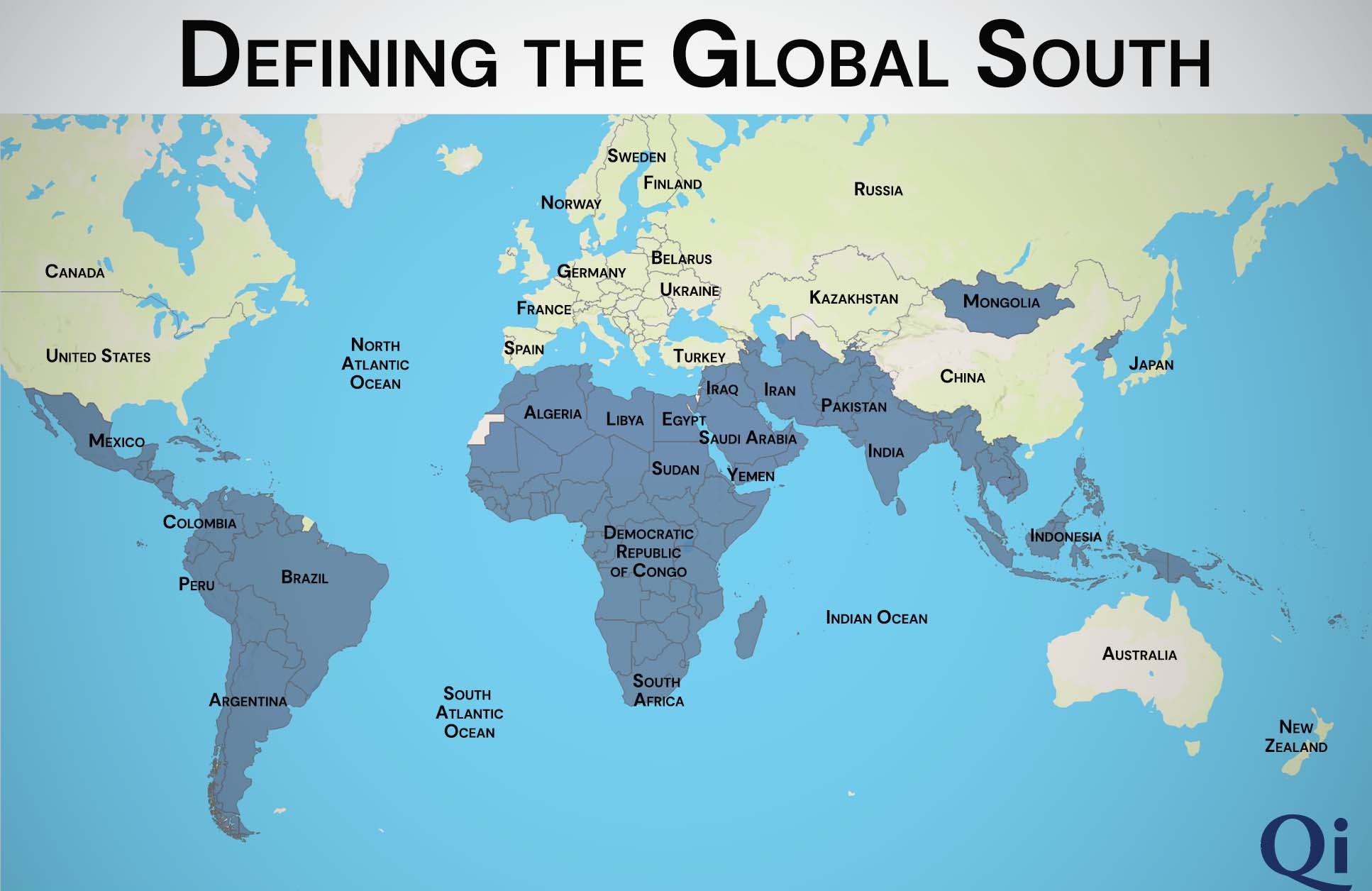Part 1 of 2 Parts
There are established and expanding bodies of literature in International Relations studying the politics of legislating and power in nuclear politics. These fields are often considered to have two separate research agendas. A new literature has emerged in recent years connecting these fields by reexamining the structure and maintenance of the global nuclear order. Researchers from many disciplines utilize different methodologies to understand the negotiation, construction, and development of nuclear arms control, nonproliferation, and disarmament treaties. By combining their work, the authors offer a more complete picture of the bargaining dynamics behind the construction of these international security agreements.
Mainstream studies of international law and nuclear politics tend to suggest that powerful actors, especially the U.S., have protagonist roles in ordering global nuclear politics. Conventional accounts, however, often offer incomplete interpretations of the participation of Global South non-nuclear-weapon states (NNWS) in the global nuclear order. This is especially true of those countries that favor nonproliferation. These NNWS accounts usually focus on why these states adhere, comply, or challenge the global nuclear order, downplaying or ignoring their ordering actions and initiatives. Particular attention is given to countries with nuclear capabilities they could use to build nuclear arsenals. This post reviews negotiating strategies that Global South NNWS committed to nonproliferation have deployed during the codification of global nuclear governance.
Multilateral treaties on nuclear arms control, nonproliferation, and disarmament have been employed to promote international peace and security. Conventional accounts of the creation of these treaties focus on the critical role that the U.S. played for the nuclear nonproliferation regime to emerge, develop, adapt, and spread. The backing of the U.S. was necessary for the codification and success of these treaties. However, focusing attention only on the preferences and actions of the U.S. creates an incomplete picture of the advent of these treaties. The negotiations of the legal mechanisms that form the global nuclear order were marked by collective compromise-seeking and concession-making processes. This has been a characteristic of international law codification in response to security problems. This important feature of lawmaking has opened spaces that developing countries have used to challenge power asymmetries within treaty negotiations.
Support for nuclear arms control, nonproliferation, and disarmament law has not harmonized the interests among Global South NNWS or between these countries and nuclear weapon states (NWS). Most NNWS in the Global South have collaborated with NWS to design treaties to prevent their nuclear annihilation. These states have participated actively in codifying global nuclear governance mechanisms. They have pushed for their preferences even when those preferences do not accord with U.S. priorities.
Scholars of lawmaking have identified tools that less powerful states have used to push for their preferences in negotiations marked by power asymmetries. Global South NNWS that support nonproliferation have used available tools to reform and adapt the global nuclear order to reflect their preferences. Their actions demonstrate that not all dissatisfaction with the global nuclear order means revisionism, and not all acquiescence means irrelevance.
Global South NNWS that support nonproliferation have attempted to improve their bargaining abilities through a variety of strategies. To increase their influence during lawmaking processes, these states tend to rely on cooperative bargaining among themselves. This is what traditional negotiation analysis refers to as an integrative process. They coordinate positions and balance their negotiation agendas to interact with more powerful actors in competitive bargaining. This is known as a distributive process.
This section presents some strategies that these states have used to promote their interests and preferences when negotiating multilateral treaties for nuclear governance. These strategies incorporate three overarching themes. The Global South NNWS tries to influence the framework where negotiations happen, the issues within the agenda, and alternative agendas.
Please read Part 2 next
